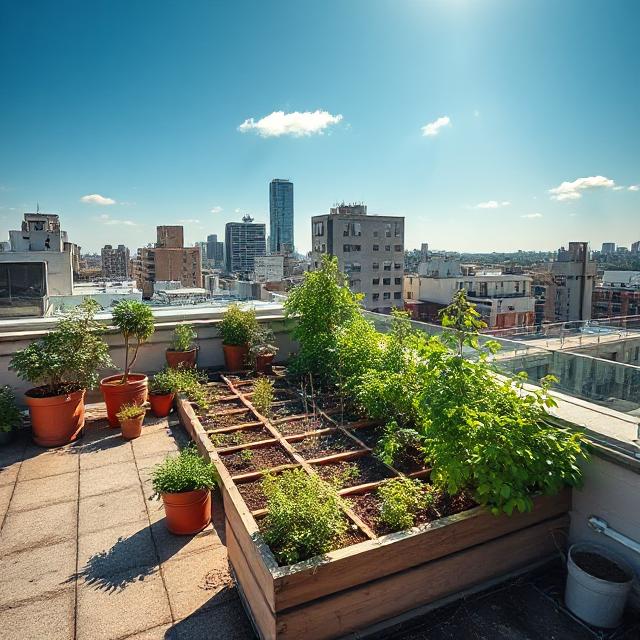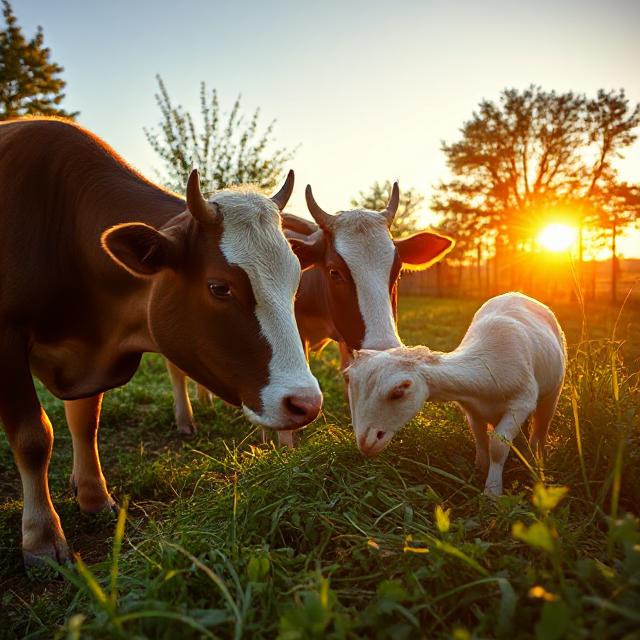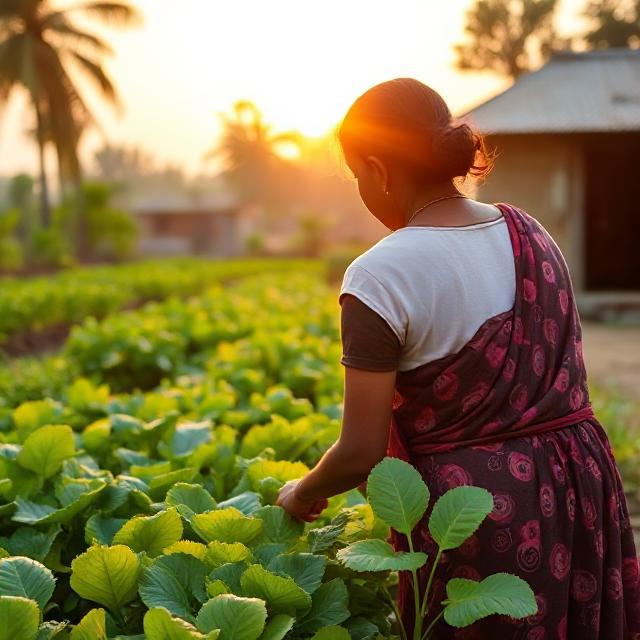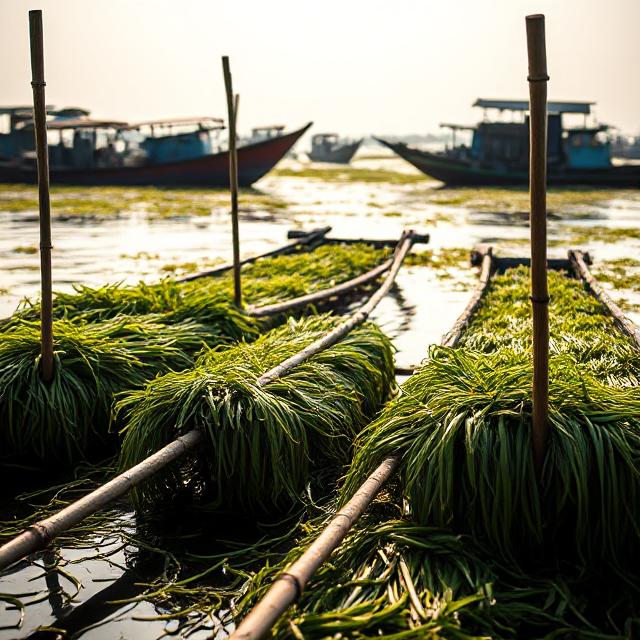Building Resilient Food Systems for Healthier Future
When Food Systems Fail, Lives Are at Risk!
“In 2020, floods destroyed our crop fields three times. We had no food, no work, and no hope,” shared Amina Khatun, a smallholder farmer from Satkhira. Her voice trembles as she recalls the devastation brought by rising tides and erratic rainfall. For millions like Amina, climate change isn’t a distant threat. It’s a daily struggle.
Bangladesh, a fertile delta nation, feeds over 170 million people. Yet, the very system that nourishes us is under threat. Climate extremes, supply chain breakdowns, and poor dietary diversity are leaving vulnerable communities malnourished and food insecure.
This is where building resilient food systems comes in. But what does that mean, and why does it matter now more than ever? Let’s explore.
Understanding the Need for Resilient Food Systems
A Broken Chain: What We’re Facing
Bangladesh ranks among the top 10 countries most affected by climate disasters. With 70% of rural people dependent on agriculture, any disruption sends shockwaves through food security.
- Rising sea levels in coastal regions like Satkhira and the Sundarbans are causing saltwater intrusion, ruining arable lands.
- Erratic monsoons delay sowing and harvesting cycles, reducing yields.
- Market volatility and middlemen keep farmers poor and consumers underserved.
What Are Resilient Food Systems?
Resilient food systems are capable of absorbing shocks (like floods, pandemics, inflation), adapting to long-term challenges (like climate change), and transforming for better outcomes in nutrition, equity, and sustainability.
What Happens If We Do Nothing?
By 2050, it’s estimated that food demand in Bangladesh will grow by 60%, while cultivable land may shrink by 20% due to urbanization and salinity. This puts nearly 30 million Bangladeshis at risk of chronic food insecurity and malnutrition.
The Hidden Cost of Inaction
Poor diets are the leading cause of disease globally. In Bangladesh:
- 36% of children under 5 are stunted
- 11% of adults suffer from diabetes
- Micronutrient deficiencies (“hidden hunger”) affect 60% of women
Our food systems aren’t just fragile; they are failing the most vulnerable.
Storytelling From the Ground Up
Voices from the Sundarbans: A Farmer’s Perspective
“Our rice doesn’t grow like before,” says Habibur Rahman from Munshiganj, adjacent to the Sundarbans. “After Cyclone Amphan, the soil turned salty. We now grow shrimp and some saline-tolerant vegetables with help from a local NGO. But it’s not easy.”
His story is echoed across the delta. But resilience is also being built, one innovation at a time:
- Floating gardens in flood-prone areas
- Climate-resilient rice varieties (BRRI dhan varieties)
- Solar-powered irrigation
These locally-driven adaptations are helping communities bounce back, and in some cases, leap forward.
What Real Resilience Looks Like
Building Blocks of Resilient Food Systems
- Agroecology & Climate-Smart Agriculture
Promoting intercropping, composting, and indigenous practices that protect the soil and reduce dependency on chemical inputs. - Local Food Systems & Short Value Chains
Encouraging farm-to-market systems, farmers’ markets, and reducing food miles. - Nutrition-sensitive Agriculture
Diversifying crops to include vegetables, pulses, and protein sources that fight malnutrition. - Inclusive Value Chains
Empowering women, youth, and marginalized communities to participate and lead. - Early Warning Systems & Data
Mobile alerts on floods, pests, or price shocks are transforming decisions. - Public-Private Partnerships
Connecting agritech startups, government, and NGOs to scale solutions.
From Vulnerability to Vitality: Resilience on the Ground in Bangladesh
In the coastal district of Satkhira, communities live at the frontlines of both climate crisis and food insecurity. Once known for fertile croplands and thriving fisheries, many farmers now struggle with saline intrusion, extreme heat, and unpredictable monsoons.
Take the story of Amena Begum, a 46-year-old widow and mother of three, who turned her one-acre flooded rice field into a climate-smart integrated farm. With training and support from a local NGO and consultation from EcoNature BD, she introduced brackish water aquaculture alongside salt-tolerant rice varieties and floating vegetable gardens.
“We used to depend only on rice, but every flood destroyed everything,” Amena says. “Now, I can sell fish and vegetables all year. My children eat better. My land is alive again.”
This shift isn’t isolated. It’s a signal of a broader movement where resilient food systems aren’t just an idea they’re a survival strategy.
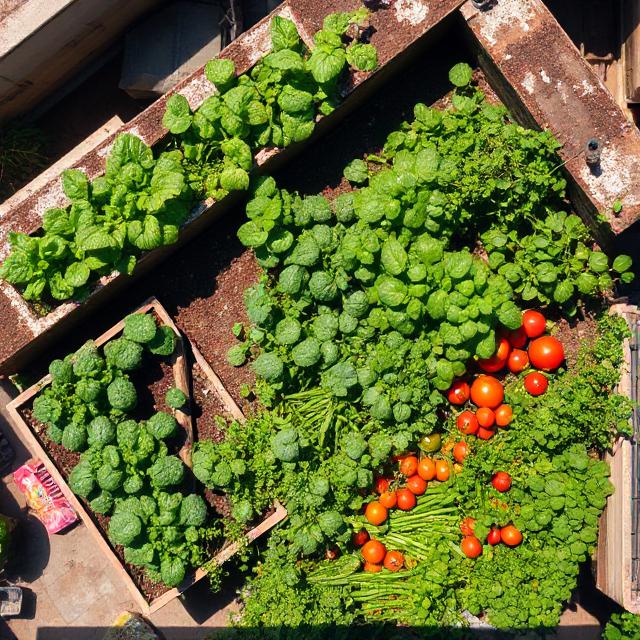
Why Resilience Matters Now More Than Ever
Let’s take a quick look at the numbers behind why resilient food systems are essential in Bangladesh and beyond:
- 1.1°C: The average global temperature rise already disrupting traditional farming seasons.
- 53% of coastal lands in Bangladesh suffer from increasing soil salinity (BARI, 2023).
- 36% of children under five in Bangladesh are stunted due to poor nutrition (UNICEF, 2022).
- By 2050, food demand is projected to increase by 60% globally, yet yield growth is stagnating.
These statistics reflect a harsh truth: the traditional way of producing and distributing food is no longer viable. We must invest in systems that can bounce back and better yet, bounce forward.
Agroecology: Nature-Based Solutions That Work
Agroecology isn’t a trend it’s a time-tested approach rooted in local knowledge and ecosystem wisdom. Unlike industrial monoculture, agroecology prioritizes biodiversity, soil health, water conservation, and farmer autonomy.
In Khulna, where rice farming was becoming unsustainable, EcoNature BD partnered with community cooperatives to train 120 smallholder farmers in agroecological practices. The result?
- 40% increase in crop diversity
- 60% reduction in chemical fertilizer usage
- 25% better household dietary diversity
This kind of nature-based resilience doesn’t just strengthen food systems it heals communities and ecosystems simultaneously.
Resilient Supply Chains: From Farmer to Table
While production is important, so is the path food takes to your plate. Resilient supply chains must be localized, equitable, and agile.
During Cyclone Amphan, the Sundarbans region’s supply chain collapsed for nearly three weeks. Perishable items rotted, prices soared, and food accessibility plummeted.
To prevent this, decentralized cold storage, mobile processing units, and digital logistics platforms are being piloted. EcoNature BD is currently working with agripreneurs in Barisal to build a solar-powered supply hub that connects small farms directly with urban buyers.
When food chains are resilient, nutrition is consistent, waste is minimized, and shocks become manageable.
Youth in Agriculture: The New Wave of Agripreneurs
Food systems transformation cannot happen without young minds. Youth across Bangladesh are reimagining agriculture as an enterprise, not a last resort.
Meet Rizwan, a 28-year-old from Rajshahi, who left his city job to start a hydroponics-based rooftop farm. Today, he supplies organic greens to five local restaurants and runs school workshops on urban gardening.
“Agriculture can be cool, tech-savvy, and profitable,” Rizwan says. “It just needs the right mindset and mentorship.”
By nurturing youth-led innovation, we create food systems that are technologically adaptive, socially inclusive, and nutritionally conscious.
Policy & Partnerships: Scaling What Works
Resilience at scale isn’t possible without systemic support. Strong policy alignment, multi-sectoral partnerships, and community ownership are critical.
What’s working in Bangladesh:
- Bangladesh Delta Plan 2100 integrates long-term food and water resilience goals.
- National Agricultural Policy 2018 emphasizes climate-smart farming and nutrition-sensitive agriculture.
- International agencies like IFAD, WFP, and FAO are investing in local food infrastructure and early warning systems.
But gaps remain especially in financing, capacity building, and market access. That’s where organizations like EcoNature BD step in: bridging science, sustainability, and local empowerment.
Let’s Build Resilience Together
At EcoNature BD, we believe that building resilient food systems is not just about innovation it’s about equity, sustainability, and hope. From farmers in Satkhira to entrepreneurs in Dhaka, we are committed to nurturing a food future that nourishes everyone.
How EcoNature BD Can Help
At EcoNature BD, we believe the path to sustainable nutrition starts with resilient ecosystems, empowered farmers, and informed policies.
We work with local communities, researchers, and institutions to:
- Promote climate-resilient agriculture through field training
- Enable data-driven decision-making with community feedback loops
- Support youth agripreneurs and rural women through mentorship and innovation hubs
- Provide evidence-based consultation to donors, NGOs, and policymakers
Are you ready to build a food-secure, climate-resilient future with us?
Visit www.econaturebd.com to explore how we can collaborate to nourish both people and the planet.
Are you a policymaker, development partner, NGO, or social entrepreneur?
Partner with EcoNature BD to design, implement, or fund climate-smart, nutrition-sensitive, and resilient food solutions that work.
Contact us today at EcoNature BD Contact Page or email us to start a collaboration that feeds people and protects the planet.
FAQs: Resilient Food Systems
- What is a resilient food system?
A resilient food system can absorb shocks like climate events, pandemics, or market disruptions and still provide safe, sufficient, and nutritious food for all.
- How does climate change affect food resilience?
Climate change disrupts rainfall, increases salinity, shortens growing seasons, and causes more frequent disasters making traditional farming methods unreliable.
- Why is sustainable nutrition important?
Sustainable nutrition ensures that food meets health needs while being produced in a way that protects environmental resources for future generations.
- How can I support resilient food systems?
Support local farmers, advocate for sustainable policies, reduce food waste, and collaborate with organizations like EcoNature BD.
5. What is a resilient food system and why is it important?
A resilient food system can absorb and adapt to shocks such as climate change, ensuring food and nutrition security even during crises.
6. How does climate change affect food security in Bangladesh?
Rising sea levels, floods, and cyclones damage crops and infrastructure, leading to food shortages and price hikes.
7. What are some examples of resilient food practices in Bangladesh?
Floating agriculture, saline-tolerant crops, solar irrigation, and short value chains are leading examples.
8. What role can youth and women play in food system resilience?
They are key to innovation, from leading agritech startups to managing sustainable farms and market systems.

